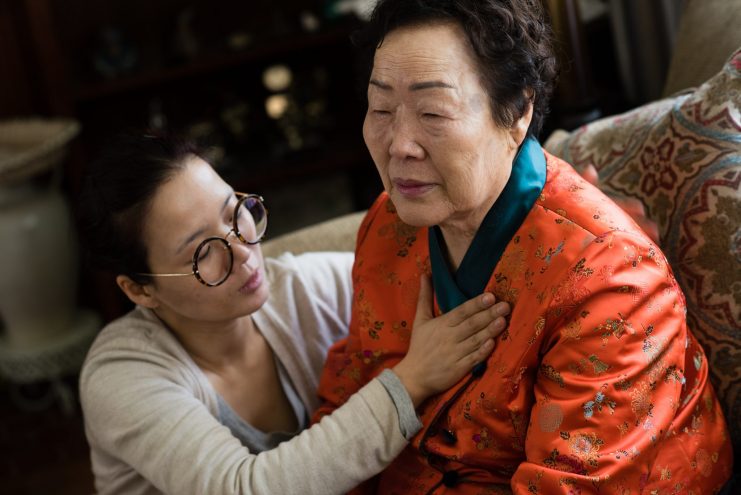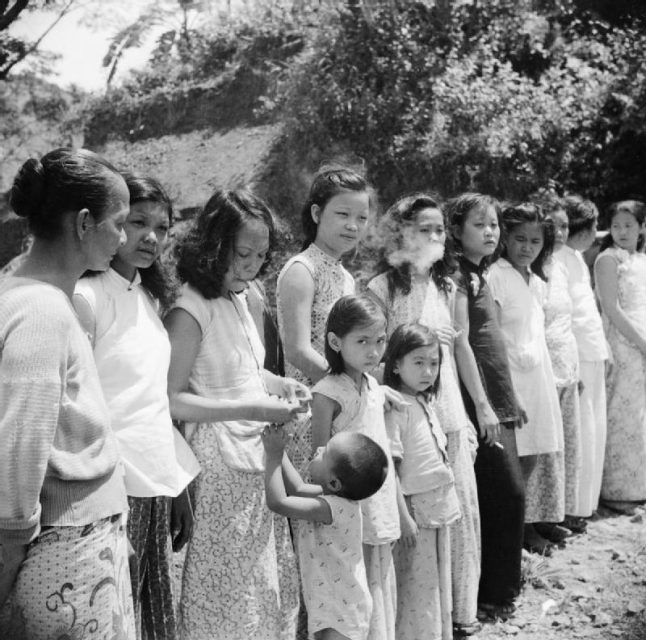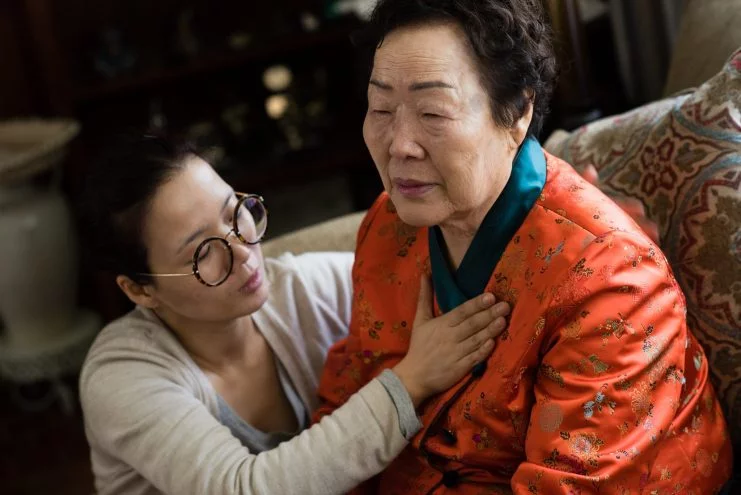Kyodo News service reviewed 23 documents from WW2 which shed more light on the Japanese government’s involvement in obtaining “comfort women” during that war.
“Comfort women” is a Japanese euphemism for women who provided sexual services to Japanese soldiers. Many were forced to do so against their will.
In the documents, Japan’s army requests one sex slave per 70 soldiers. The navy requested another 150 women. One document from the consul general of Jinan to the foreign minister indicates that the Japanese invasion had led to an increase in prostitution in the area. The letter demands 500 comfort women to serve the Japanese soldiers. The documents state that providing the comfort women would reduce rapes and diseases in the troops.
The documents imply that the women are “geisha” who willingly come to serve the soldiers but many women have spoken out since the war to describe their experiences of being forced to be sex slaves for the Japanese troops.
Comfort women were from Korea, Taiwan, Australia, the Philippines and from Japan.

The use of comfort women in WW2 I has been a political sticking point between South Korea and Japan.
In 1993, the Chief Cabinet Secretary Yohei Kono spoke for the Japanese government when he apologized for the comfort women system and acknowledged that the Japanese military was involved in taking women against their will.
In 2015, Japan and South Korea reached a diplomatic agreement which was supposed to “finally and irreversibly” settle the issue between the two countries. In the agreement, Japan issued an apology to the former comfort women for their suffering and provided one billion yen to a foundation to aid the victims.

The deal was very unpopular with the Korean public who saw it as unjust. A constitutional petition was brought by 29 former comfort women and 12 of their families. They felt that their constitutional rights had been violated when the government agreed to irreversibly resolve the matter with Japan.
South Korea’s Constitutional Court rejected the petition on Friday. The court ruled that the women’s rights had not been violated as the agreement was solely a political agreement which was not binding and did not prevent the victims from exercising their rights, such as seeking compensation from Japan.
The agreement was not approved by parliament and was not deliberated in cabinet councils in either country and so failed to be a treaty between the countries which would have carried more legal weight. Also, the agreement is vaguely worded and does not outline consequences for either party if they failed to comply with the agreement.
The 2015 agreement has effectively been abandoned by South Korea anyway. South Korean President Moon Jae-in has said that the agreement is seriously flawed and inadequate to resolve the dispute.

On Monday, Jae-in and Japan’s Prime Minister Shinzo Abe met for the first time in over a year to relieve the strain in relations between the two countries. Tension has been particularly high between the two as Korean displeasure with Japan has begun to affect trade between them.
Japan restricted the export of a high-tech material to South Korea in July. The two countries then removed each other from their lists of favored trade partners. Last week, Japan partially eased the trade restrictions.
Another Article From Us: What Happened to The Enola Gay After 1945
It is unknown how many women were forced to work as comfort women. Activists in South Korea feel the number could be as high as 200,000 in Korea alone. Since the early 1990s, almost 250 women have talked publicly about their experience. Of those, only 20 are still alive.
